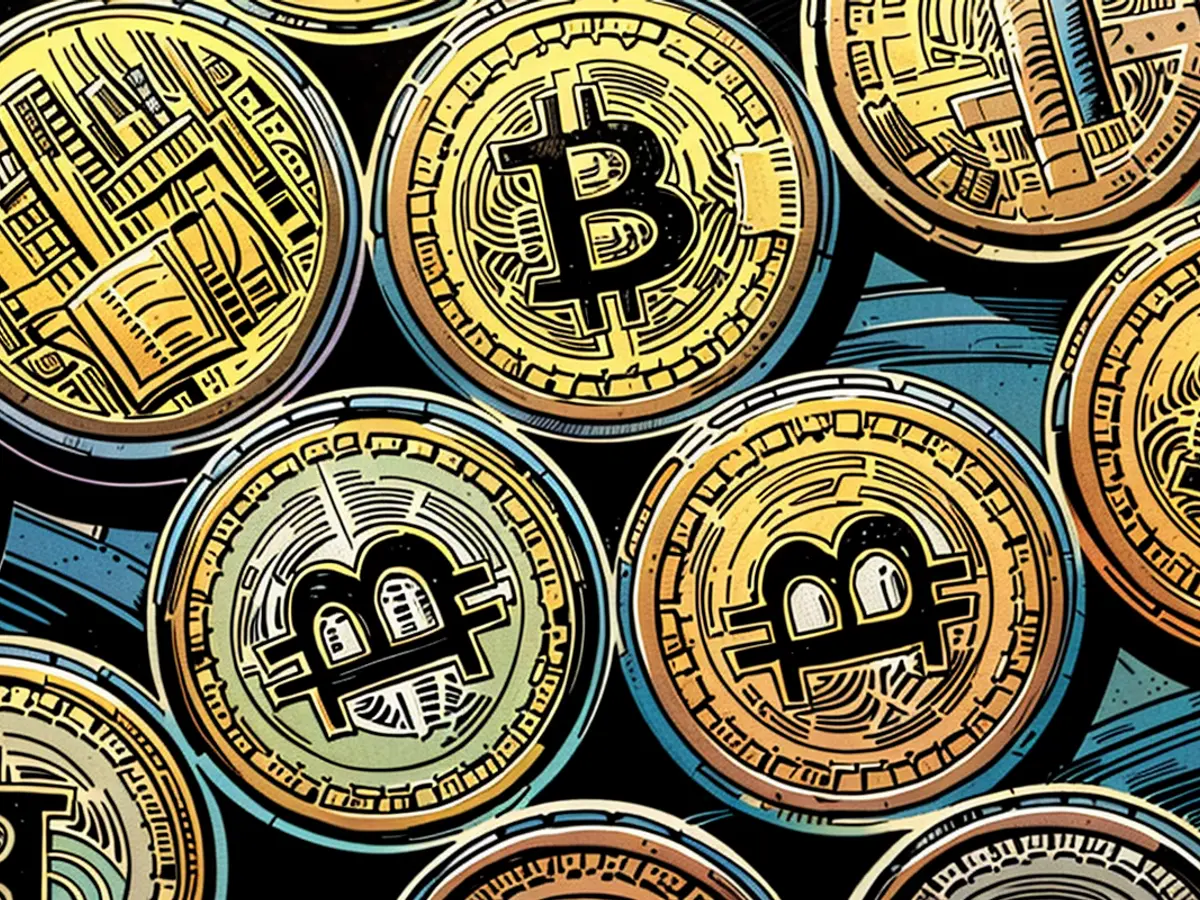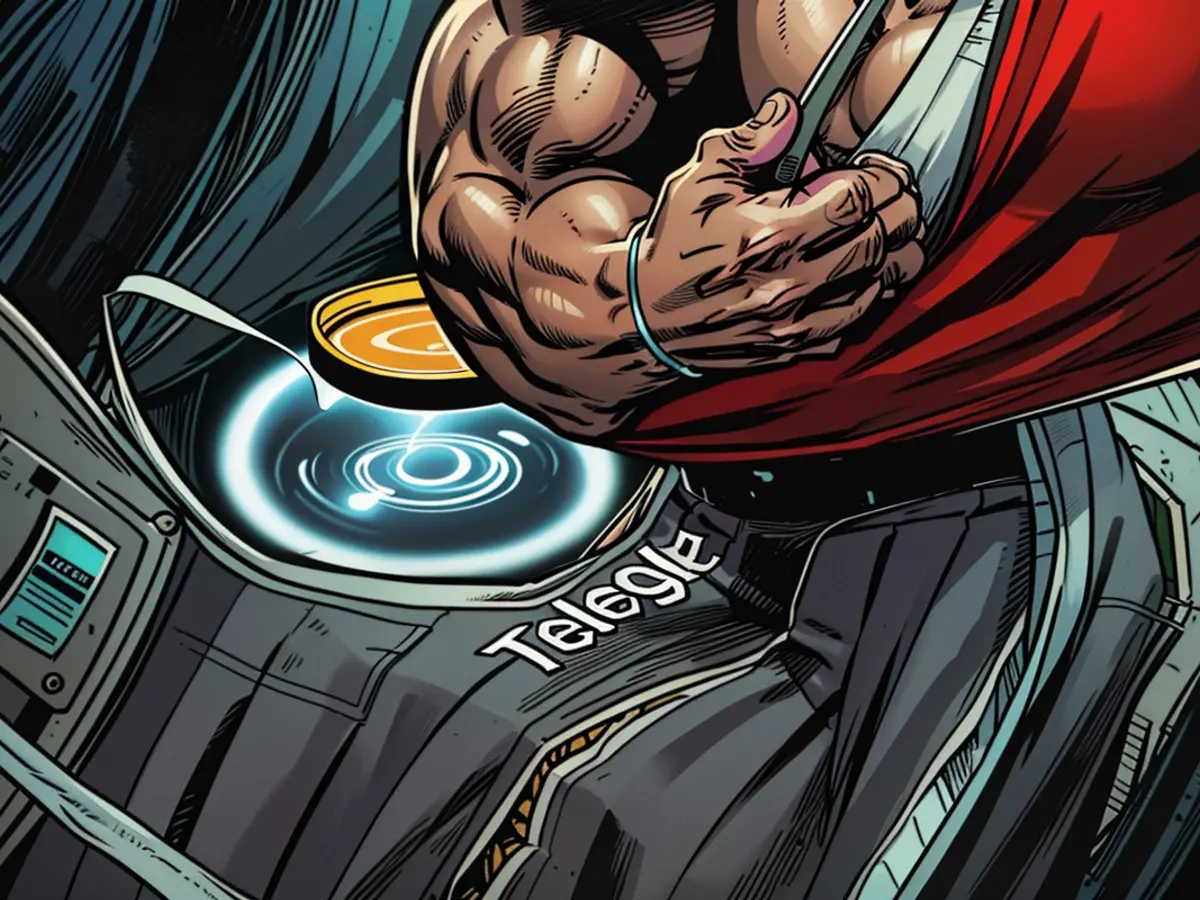- L'Ufficio Procuratorio di Leopolda, a Leipzig, sta indagando un caso riguardante il sito di pirateria movie2k.to, che ha avuto oltre 64 milioni di visitatori unici e operato dal 2008 al 2013.
- L'Ufficio Procuratorio di Dresda ha annunciato a gennaio che un sospetto principale aveva concesso ai investigatori oltre 50.000 Bitcoin, vale oltre due miliardi di Euro all'epoca, in relazione alle indagini.
- Il sospetto è accusato di aver praticato lavaggio di denaro e pirateria commerciale, con il valore dei Bitcoin confiscati che aveva subito un aumento significativo a causa di fluctuazioni di mercato.
- L'Ufficio Procuratorio di Dresda ha sottolineato che la scelta del momento della confisca degli asset non era basata sulla speculazione monetaria o un tentativo di attendere prezzi di Bitcoin in ascesa.
- Le vendite dei Bitcoin confiscati sono state eseguite da una banca specializzata a Francoforte sul Meno in un arco di tre e mezzo settimane in piccole tranche, con la partecipazione della Polizia Criminale Federale.
- I ricavi derivanti dalla vendita dei Bitcoin sarebbero stati resi disponibili al bilancio statale sassone solo se la corte avesse ordinato la confisca degli asset e questa decisione fosse successivamente legale.
- In seguito alle potenziali entrate, i politici in Sassonia hanno suggerito di utilizzare i fondi per investimenti pubblici, come ospedali e scuole, con la decisione su come assegnare i fondi che rimane una materia per il Landtag.
I investigatori sassoni vendono Bitcoins confiscati per 2,64 miliardi di Euro
(1-7. The Leipzig Public Prosecutor's Office is investigating a case involving the piracy site movie2k.to, which had over 64 million unique visitors and operated from 2008 to 2013.
2- The Leipzig Public Prosecutor's Office in Dresden announced in January that a main suspect had handed over approximately 50,000 Bitcoin, worth over two billion Euros at the time, to investigators as part of their investigations.
3- The suspect is accused of money laundering and commercial piracy, with the value of the confiscated Bitcoins significantly increasing due to market fluctuations.
4- The Public Prosecutor's Office in Dresden emphasized that the timing of the asset seizure was based on legal requirements, not market speculation or an attempt to wait for rising Bitcoin prices.
5- The sale of the confiscated Bitcoins was carried out over a period of three and a half weeks by a specialized bank in Frankfurt am Main, with the involvement of the Federal Criminal Police.
6- The revenues from the sale of the Bitcoins would only be made available to the Saxon state budget if the court orders the seizure of the assets and this decision is later legally binding.
7- In light of the potential windfall, politicians in Saxony have suggested using the funds for public investments, such as hospitals and schools, with the decision on how to allocate the funds being a matter for the Landtag to decide.)






